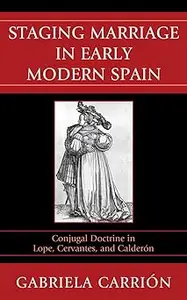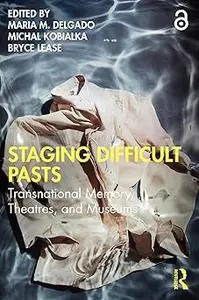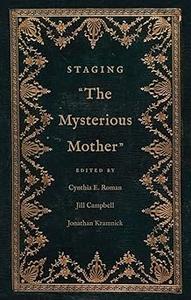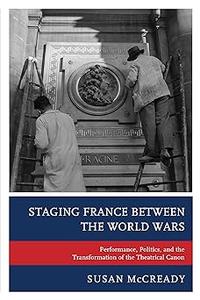
Free Download Gabriela Carrión, "Staging Marriage in Early Modern Spain: Conjugal Doctrine in Lope, Cervantes, and Calderón"
English | ISBN: 1611480523 | 2011 | 166 pages | EPUB | 410 KB
Staging Marriage in Early Modern Spain examines selected dramatic works where the vicissitudes of matrimony play center stage. Various aspects of conjugal relations including courtship, divorce, and widowhood take on particular relevance in the Spanish comedia in light of the intense debates raging over the "seventh sacrament" in early modern Europe. The institution of matrimony is subject to unprecedented scrutiny during this period and provides a rich source of material for playwrights such as Lope de Vega, Miguel de Cervantes, and Pedro Calderón de la Barca. Taking the decrees on marriage of the Council of Trent (1563) as a point of departure, Carrión examines the conjugal bond within a literary and historical framework, offering close readings of dramatic works, religious decrees, and moral treatises where the conjugal bond plays a central role. She identifies in works such as Lope’s








